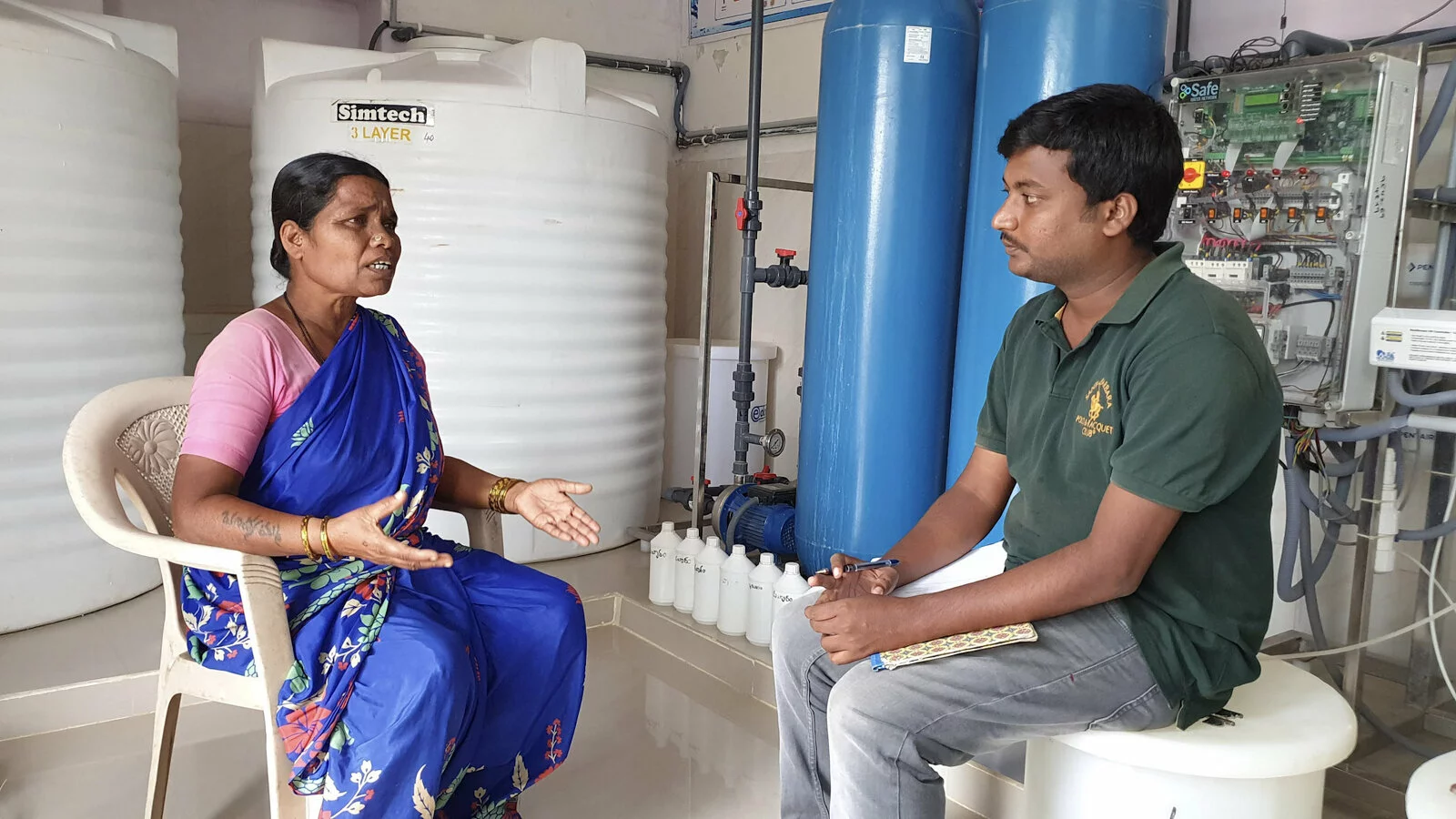Private Sector Engagement in Water Supply
Private Sector Participation for investment & service quality improvement.
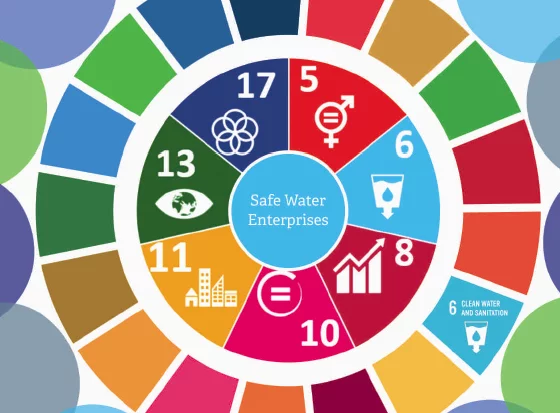
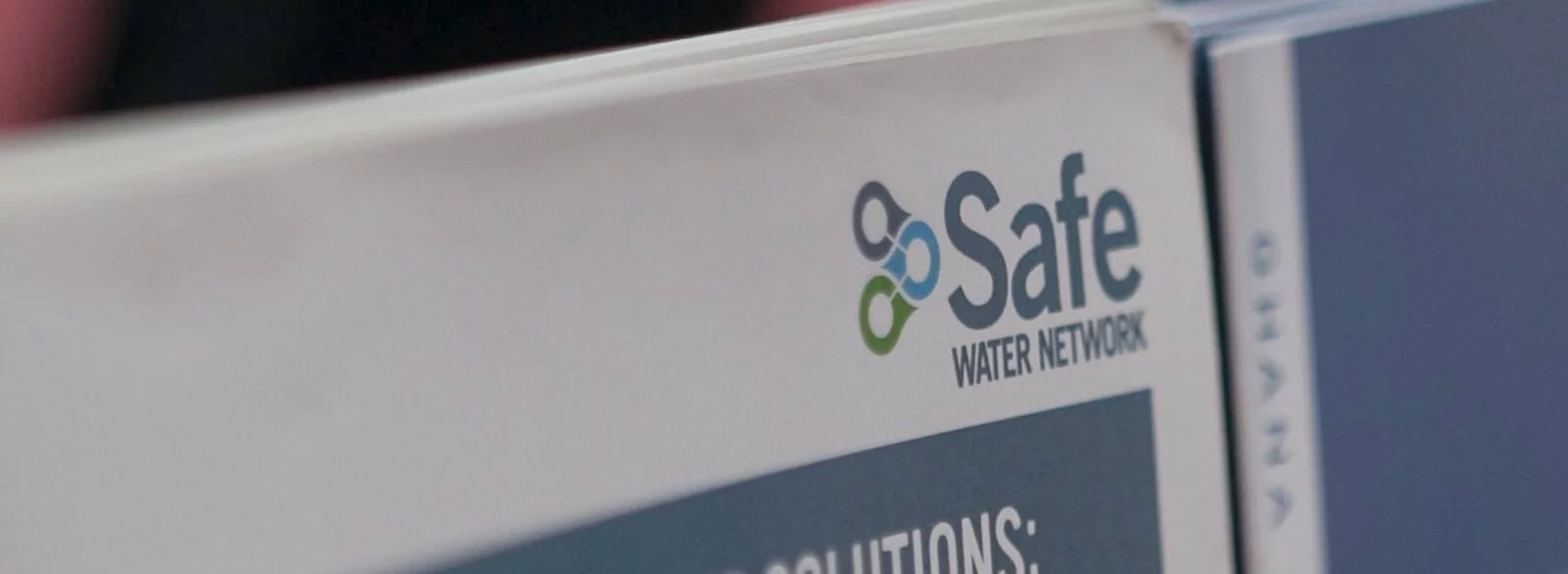
Private Sector Participation for investment & service quality improvement.

The Safe Water Network India SEWAH (Sustainable Enterprises for Water And Health) contributed towards the development of operational guidelines for the implementation of AMRUT 2 0 These guidelines, launched in October 2021 have been formulated with the aim of assisting States/ UTs for making cities Aatma Nirbhar and 'water secure'AMRUT 2.0 is a step towards AatmaNirbhar Bharat with aim of making the cities 'water secure' and providing functional water tap connections to all households.
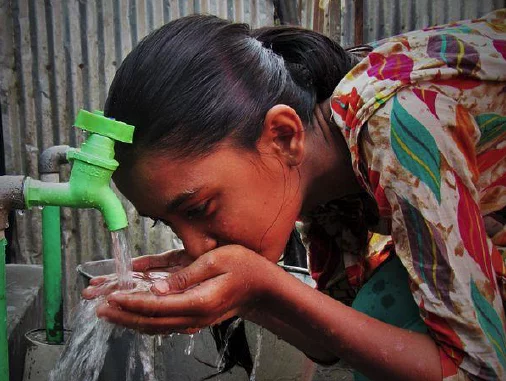
This case study, developed by Safe Water Network India, examines the relocation of water enterprises to ensure long-term viability.
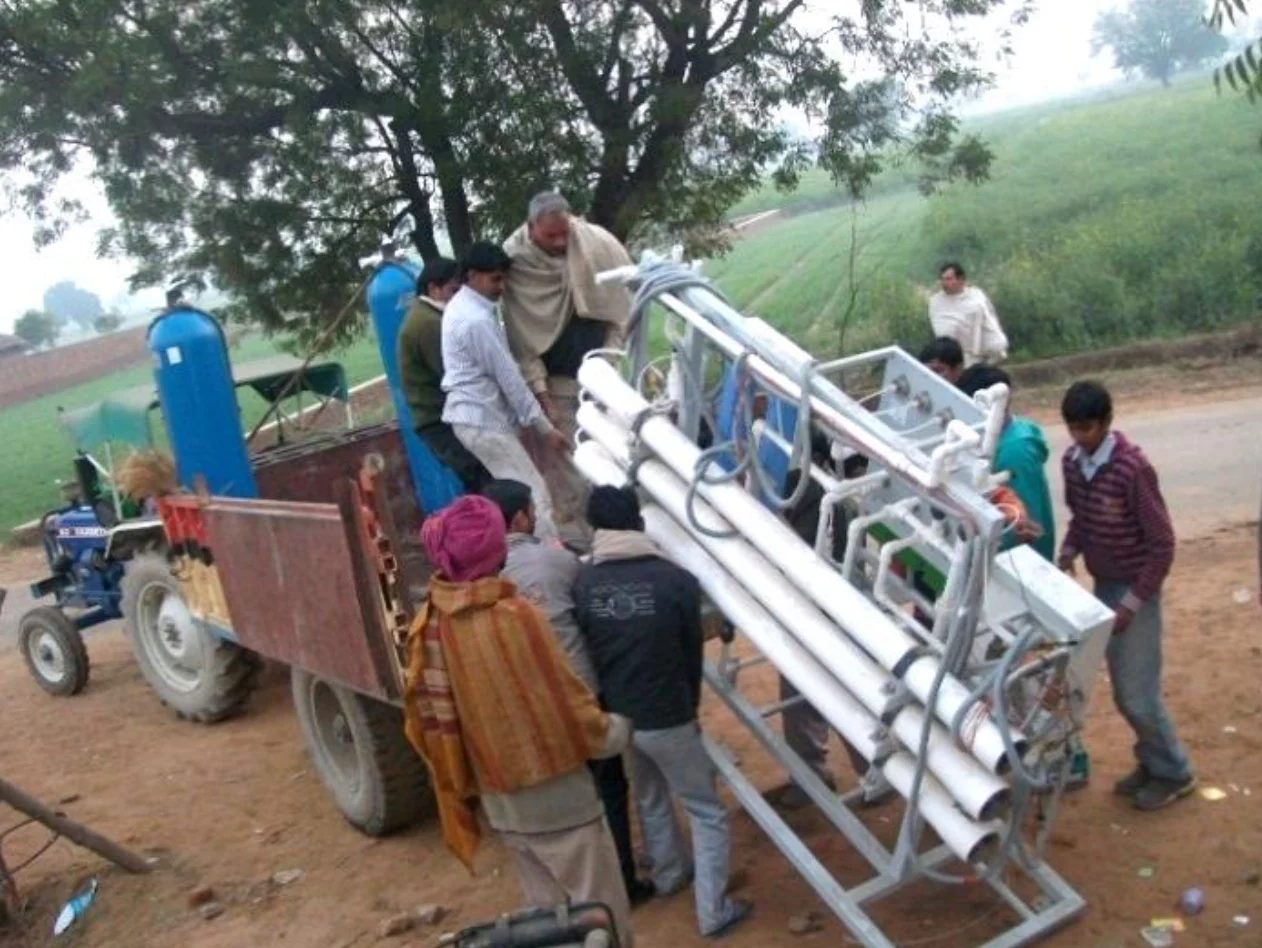
Safe Water Network (SWN) performed an impact assessment in June 2019 to determine the results of the implementation of Water ATMs at iJal Stations that were established with a Honeywell Hometown Solutions (HHS) grant.
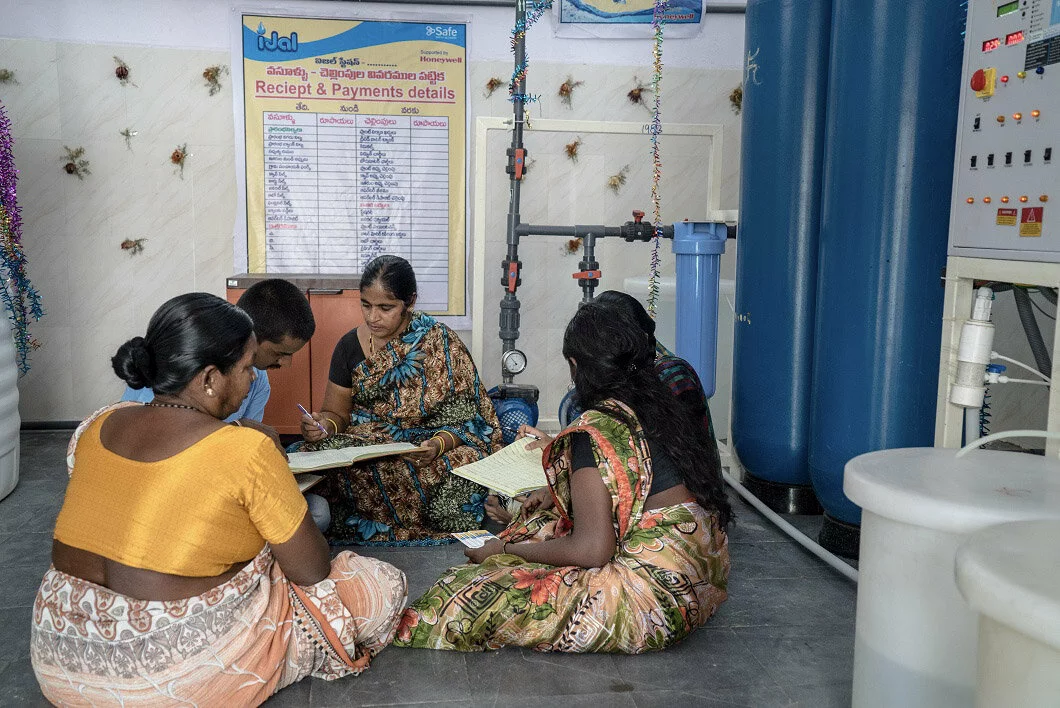
Developed with support from the India Water Partnership, this report assesses the capability of 28 women from self-help groups and female social entrepreneurs to operate and maintain small water enterprises.
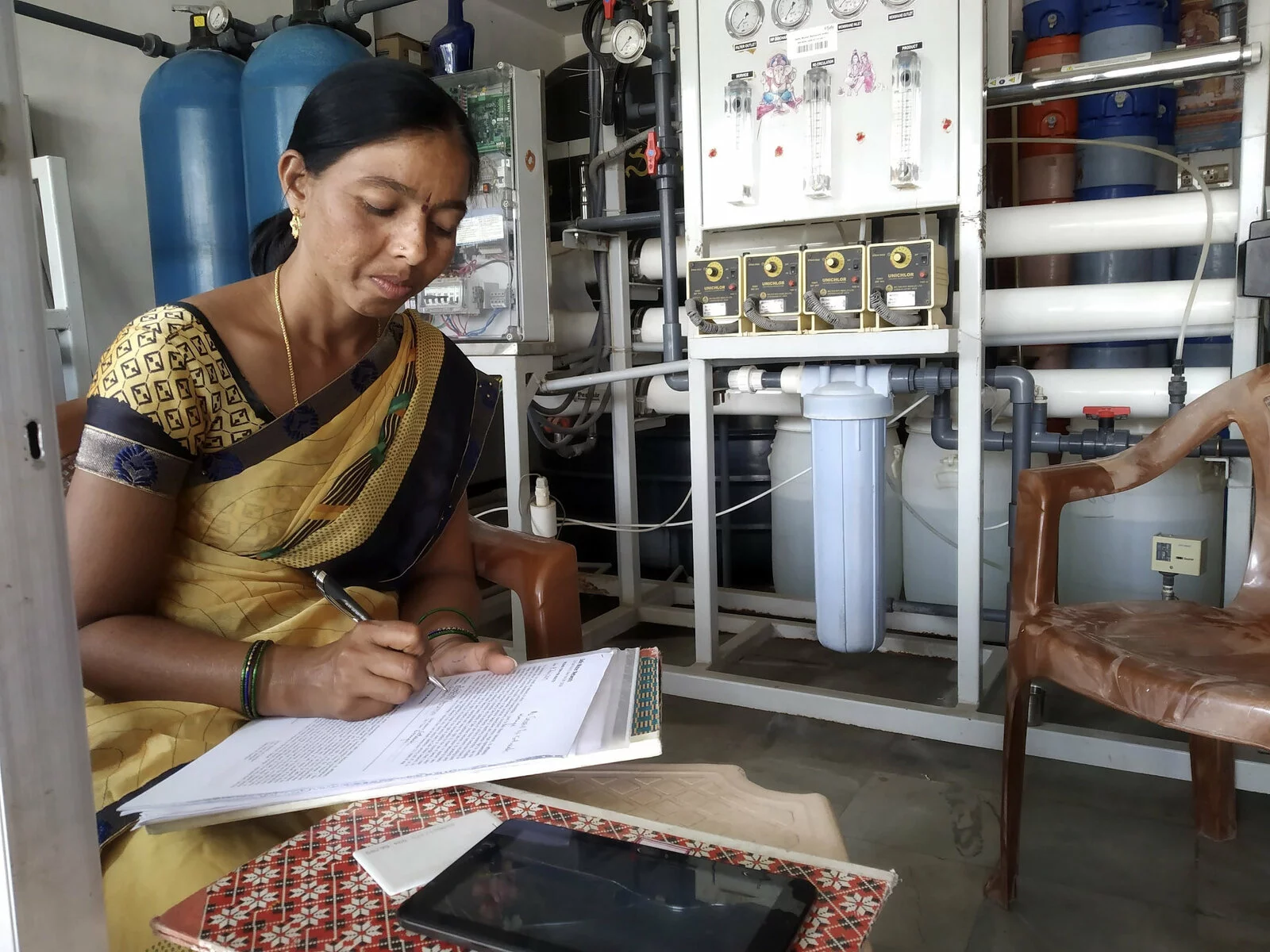
Small water enterprises (SWEs) alleviates burdens by providing safe and accessible drinking water to communities, which allow women more time to pursue education and employment opportunities.
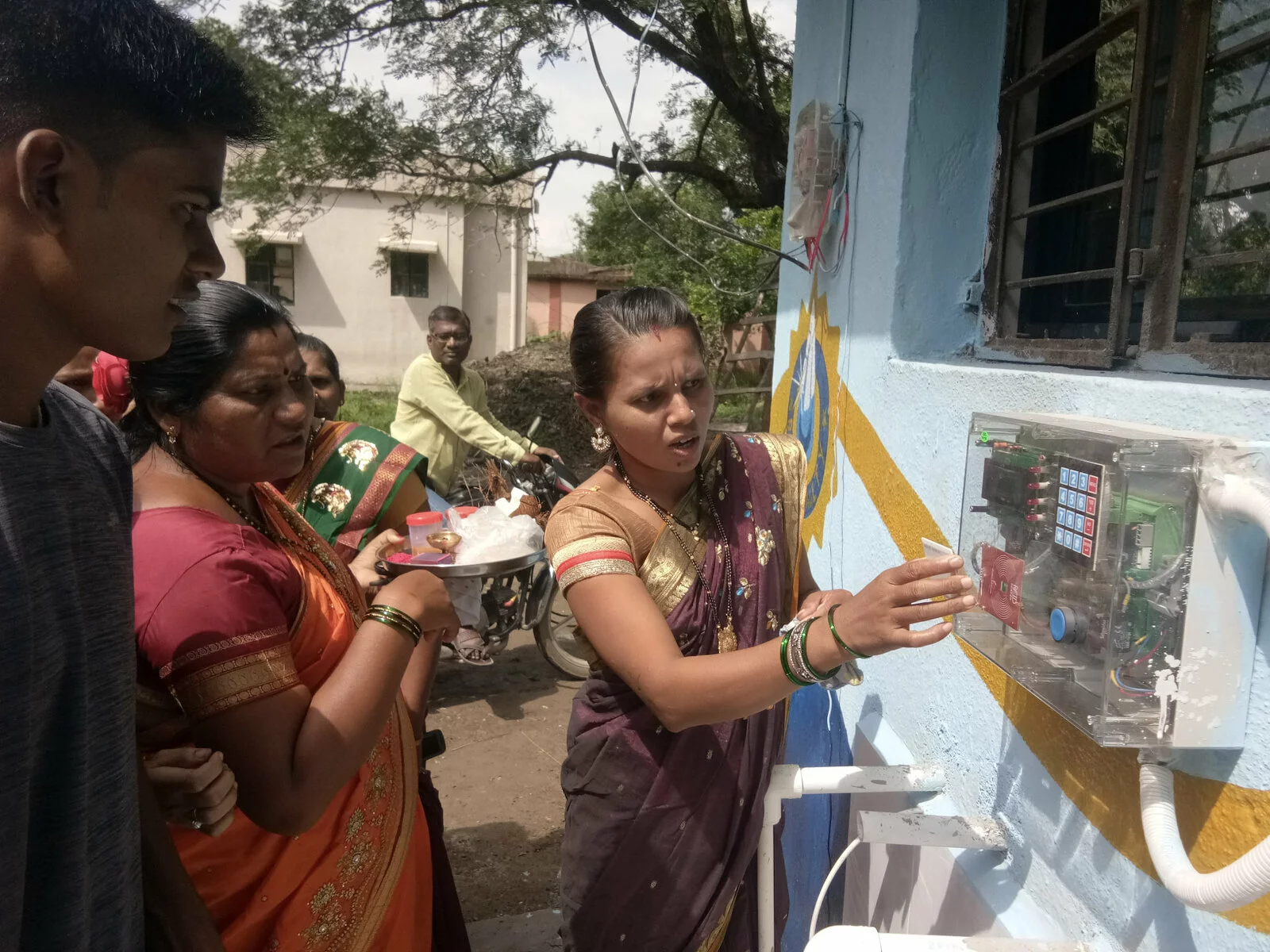
This paper presents a case study of 265 iJal Safe Water Stations in India that use IoT-based parametric monitoring systems to raise automatic alarms and send regular alerts, which help facilitate both local operations and remote diagnostics conducted by a service entity to identify service and spare-parts requirements on a timely basis.
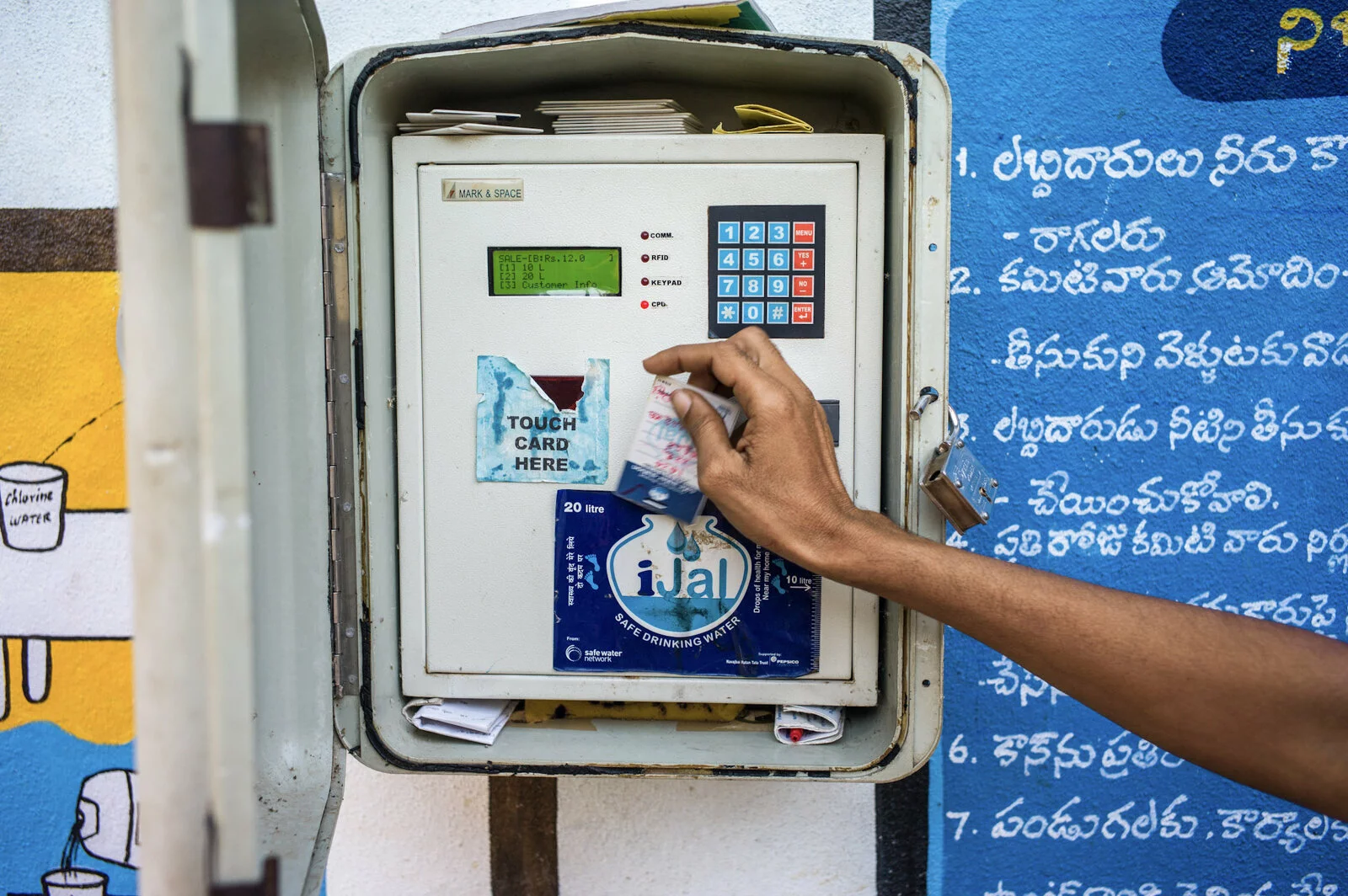
This report describes how Safe Water Enterprises can provide safe water securely and affordably to water stressed cities that are coping with dense populations due to increased migration and urbanization.
